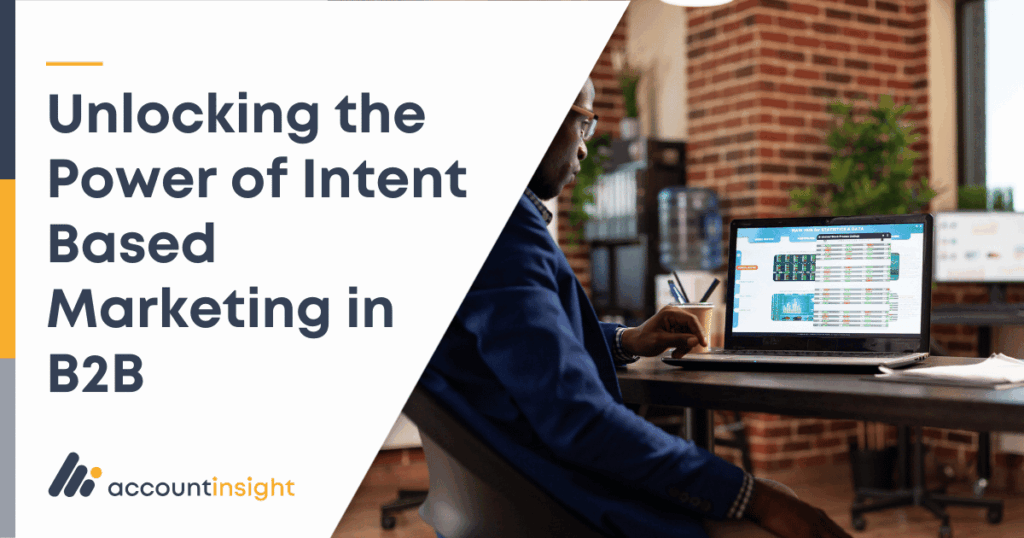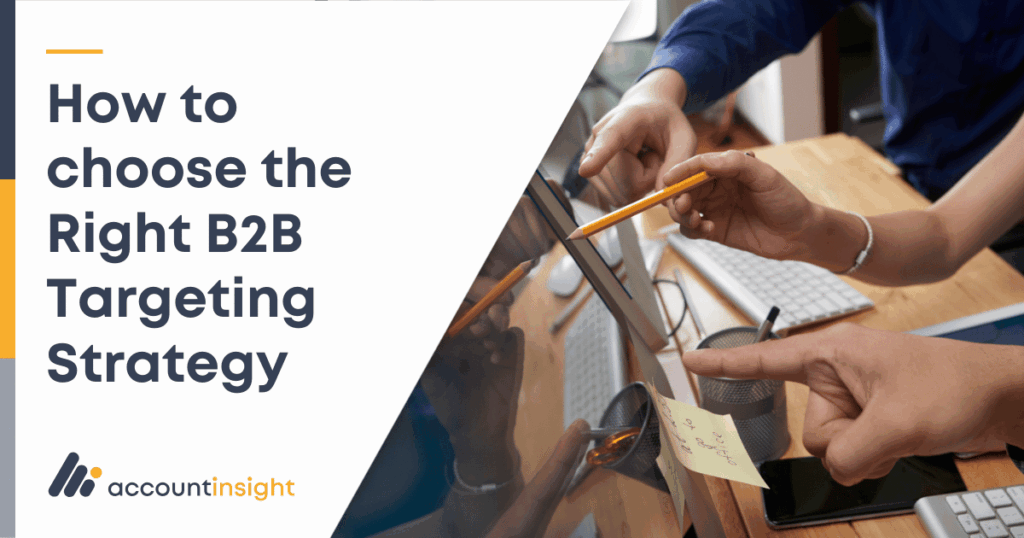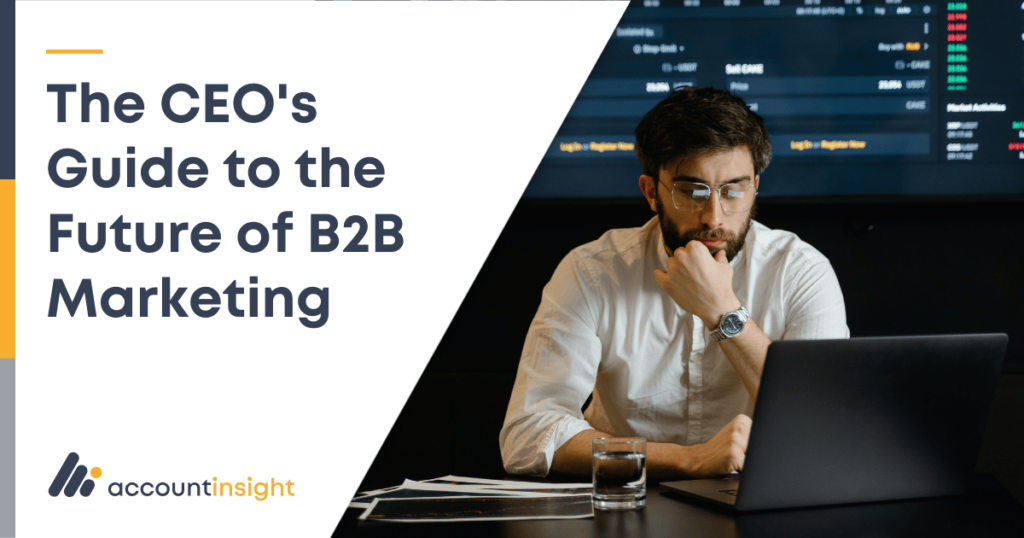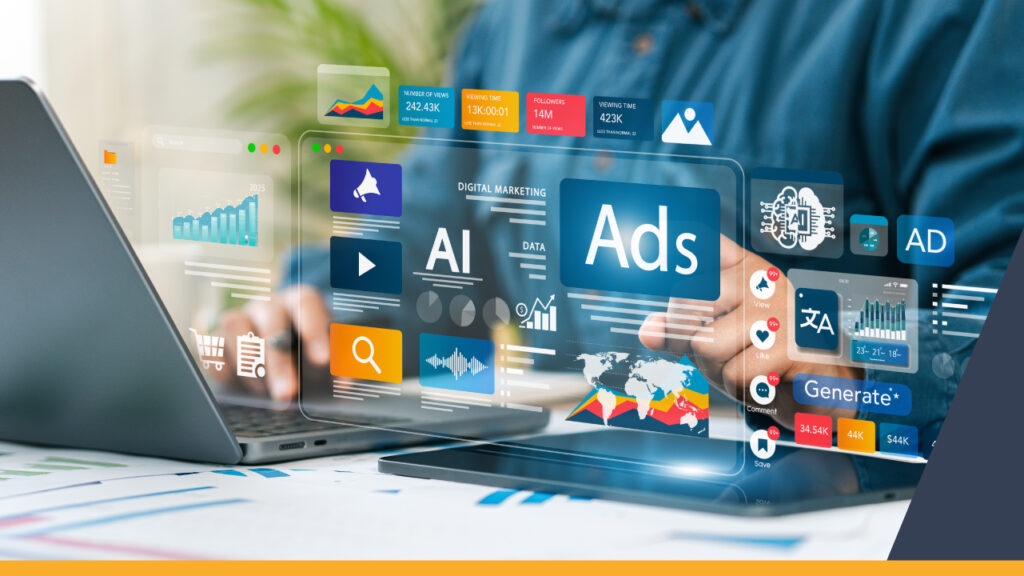Traditional display advertising relies on vague demographics and unreliable cookie targeting. This results in an inefficient ‘spray-and-pray’ approach. Furthermore, news around the Google Privacy Sandbox highlight the inaccuracy and contradictions of targeting cookie audience data. These issues reveal the irony of relying on third-party cookies, which struggle with GDPR compliance and accurate targeting.
Fortunately, purpose-built B2B DSPs (Demand-Side Platforms) offer B2B display advertising that is precise, deterministic targeting of the right companies. Here are the top five benefits of a B2B DSP, focusing on who benefits and the key advantages:
Benefits of a B2B DSP
1. Targeted Audience Reach
Traditional display advertising often misses the mark due to vague targeting, making it inefficient. There are documented reports showing how leading B2C DSPs have user profiles that, upon external auditing, are described as “wildly inaccurate and contradictory.”
a) They tag users as both male and female
b) The same user groups appear across various income brackets
c) They label users as a student, job seeker, and full-time employee all at once.
B2B requires precise targeting. Period. With a B2B DSP, marketers can target specific focused strategies, reduce wasted ad spend and increase the likelihood of reaching relevant audiences.
2. Advanced Data Insights
B2B marketing involves complex decision-making processes that demand detailed and accurate data to effectively target prospects. Businesses using Account-Based Marketing (ABM) strategies greatly benefit from advanced data insights. A B2B DSP provides a comprehensive 360-degree view of ABM data, helping marketers reach IT decision-makers, for example, actively researching products or services. Using sophisticated algorithms and data sources, B2B DSPs identify high-value prospects with remarkable precision.
3. Longer-Lasting Identification
B2B sales cycles are typically longer than B2C sales cycles, necessitating persistent identification methods to track and engage prospects over extended periods. Companies with longer sales cycles and those requiring ongoing engagement with potential clients benefit from longer-lasting identification. Unlike B2C DSPs that rely on short-lived cookies, B2B platforms use persistent identification methods for extended tracking, allowing for continuous interaction with prospects. This consistency is essential for nurturing leads over time.
4. Improved ROI Tracking
B2B marketing investments need to demonstrate clear returns, with robust reporting and analytics essential for optimising strategies and ensuring effective use of budgets. Marketers focused on data-driven decision-making and real-time campaign optimisation benefit from improved ROI tracking. B2B DSPs offer detailed reporting and analytics, allowing advertisers to monitor campaign performance at the company level. This transparency enables marketers to make data-driven adjustments, improving overall campaign effectiveness and ROI.
5. Integration with B2B Ecosystems
Effective B2B marketing strategies require seamless integration with other tools and CRM systems to ensure cohesive and accurate targeting across various channels. Companies using a combination of B2B marketing tools and CRM systems benefit from this integration. B2B DSPs can integrate data with other marketing tools and CRM systems. This integration ensures that all marketing efforts are aligned, leading to a more effective and streamlined strategy.
Overview of the top 5 benefits of a B2B DSP
| Aspect | Why is it Needed? | Who Benefits? | Benefits |
| Targeted Audience Reach | Traditional advertising is imprecise and inefficient. | B2B marketers targeting specific companies. | Precise targeting, reduced wasted ad spend, better audience engagement. |
| Advanced Data Insights | Complex decision-making needs detailed data. | ABM-focused businesses. | Accurate prospect identification, 360-degree ABM data view. |
| Persistent Identification | B2B sales cycles are longer and need persistent tracking. | Companies with long sales cycles. | Consistent tracking and sustained engagement with prospects. |
| Improved ROI Tracking | Clear ROI with robust reporting and analytics is crucial. | Data-driven marketers. | Real-time performance tracking, data-driven strategy optimization. |
| Integration with Ecosystems | Seamless tool integration ensures cohesive marketing strategies. | Companies using multiple B2B tools and CRMs. | Better data flow, accurate targeting, aligned marketing efforts. |
Leveraging a B2B DSP offers significant advantages, including targeted audience reach, advanced data insights, persistent identification, improved ROI tracking, and seamless integration with existing B2B ecosystems. These benefits of a B2B DSP help B2B marketers connect with the right decision-makers, optimise their campaigns, and ultimately achieve better results from their advertising efforts.







